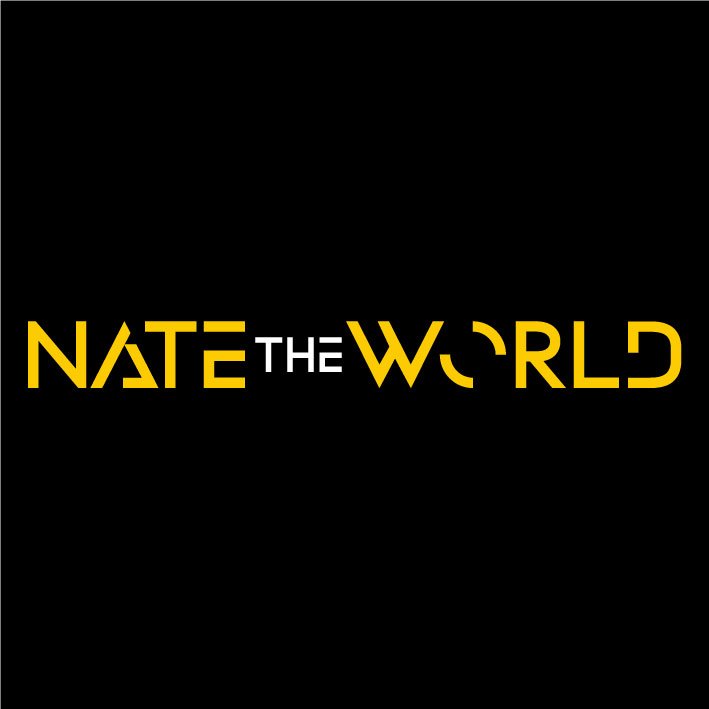There is a lot of debate in the fundraising space about the overall impact of event-based fundraisers. We argue for hours over return on investment, community visibility, net/gross, staff investment, and event models. These debates are justified and needed.
For my part, this debate is one I have held internally throughout my professional career. In my estimation, fundraising events are time-consuming, costly public affairs that possess the ability to draw people nearer to your mission, and with the right mix of people in the room can raise serious money. I also wholeheartedly believe fundraising auctions, golf tournaments, and even runs/walks to be boring. I also believe our audiences are exhausted by the prospect of having to attend another event that feels photocopied by another organization.
With this in mind, I have a story to tell about the night fundraising wasn’t for me. For those of us who do this work professionally, I am hoping you can find some comfort in my pain. For those standing on the outside looking in, be gentle on fundraising professionals. We are doing the best we can!
I began my fundraising career in 2011 at Kent Youth and Family Services in Kent, Washington. I was new to the world of fundraising and new to the nonprofit sector. I joined an organization with a tried-and-true dinner auction as their biggest fundraising event of the year. On the job, I would learn there is a formula to these events: silent auction, raffle, rubber chicken, live auction, dessert dash, sob story, raise the paddle, announce the grand total, see you next year. After spending an entire spring and summer seeking auction items, desserts, sponsors, and attendees, I decided there had to be a better way. I surveyed our audience, and my suspicions rang true.
In my second year on the job, much of the formula remained, but we dropped the live auction for entertainment. We also intentionally focused on ensuring people left with a better understanding of our mission. With these minor changes, we managed to beat the previous year by $20,000+ dollars raised. I was confident that I was on to something.
For the third year, I brought the fundraiser back to South King County. For this event, I wanted to focus on the diversity of the area and the power it gave to our mission. We solicited singers, musicians, and dancers from the area to serve as entertainment. We also spent a decent chunk of change on a well-crafted video focused on a client we served who had suffered from severe post-partum depression.
From the very beginning, this event felt different. Board members were growing restless. Many were refusing to help fundraise. Others didn’t want to see us drift away from the live auction model. Finding champions in the board room felt impossible. Isolated, I leaned on fellow employees who were overburdened with their own obligations. Finding talent was harder than expected, as were sponsors.
On the night of the event, we were short on volunteers. This meant we worked until the last minute to get the room ready. Our silent auction was a fiasco. Our acts weren’t holding people’s attention. To make matters worse, the audio/visual equipment in the room wasn’t working properly. We were getting clear video, but no audio. This meant no one in the room would see the video and left us scrambling to recover the most important fundraising piece of the night.
When the event was over, I looked one of my colleagues in the face and said, “I never want to be asked to raise a f**king dollar again.” I was angry, disappointed, and sad. Despite my best intentions, so much of the event had gone wrong. And there I sat, a reluctant fundraiser with proof he shouldn’t be doing this work.
In the following weeks, I would receive surveys from guests and feedback from board members that felt like salt in an open wound. Beaten, battered, and bruised, I began looking for work outside of the fundraising world. I still felt a deep love for the nonprofit sector but couldn’t see myself raising money ever again.
That was seven years ago. Today, my job title is still Development & Communications Manager. There have been a few different stops along the way, but I am still a professional fundraiser in the nonprofit sector. Ultimately, that night didn’t break me. It bent me in all the right directions. Moving forward, I would abandon anything that looked like an auction. I would create a format that was interactive, informative, and experiential-based. At other nonprofits, I challenged the status quo on events and strongly pushed for events where the mission stood on the center stage. I would go on to build events focused on housing design, food insecurity, and overcoming isolation through community.
Currently, I work for the Senior Center of West Seattle. Historically, they have held an annual breakfast event. I will begin retooling this event, as soon as I get a sense of what works and what doesn't. This confidence to make drastic changes can be traced back to the night fundraising wasn’t for me. I learned so much about myself that night and it still motivates me.
I will not always be a fundraiser, but if I remain in this sector, I know fundraising will always be a part of my job. I also know professional disappointments can be revealing and illuminating. In the last ten years of this work, I have learned so much about myself. I have grown more confident. I possess the ability to rise above almost any challenge before me. I learned much of this the night an event fell apart.
Be good to each other,
Nathan
This website exists because of readers and supporters. If what you just read made you smile, please consider supporting the website with a monthly gift. Your support means everything and proves to the world that original content still matters.




